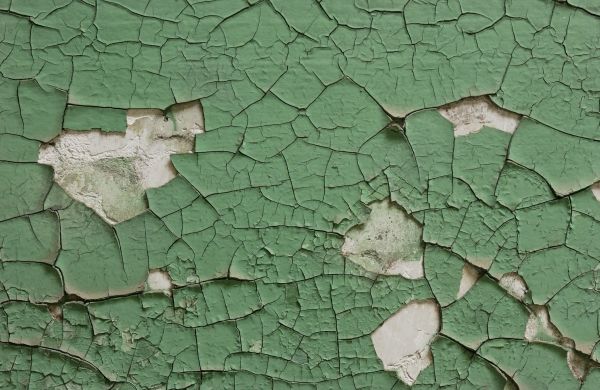Counties across the country have health departments that measure blood lead levels in children. Once children with high blood lead levels are identified, environmental hygienists are deployed to the child’s home to inform the family of potential sources of lead contamination and exposure in the home environment.
By teaming up with medical and other scientific experts, Texas A&M University radiogenic isotope geochemist Franco Marcantonio and graduate student Felipe Becker were able to determine the potential sources of lead in the blood of several children who participated in their study based in Kansas City, Missouri. The team developed a new methodology that can ultimately be used by communities to protect children from lead exposure.
“Measuring the lead isotope ratios in the blood of children with high blood lead levels, and comparing these ratios with the lead isotope ratios of potential culprits of contamination in the child’s home, can lead to significant remediation efforts,” Marcantonio said.
Continue reading at Texas A&M University
Image via Texas A&M University


